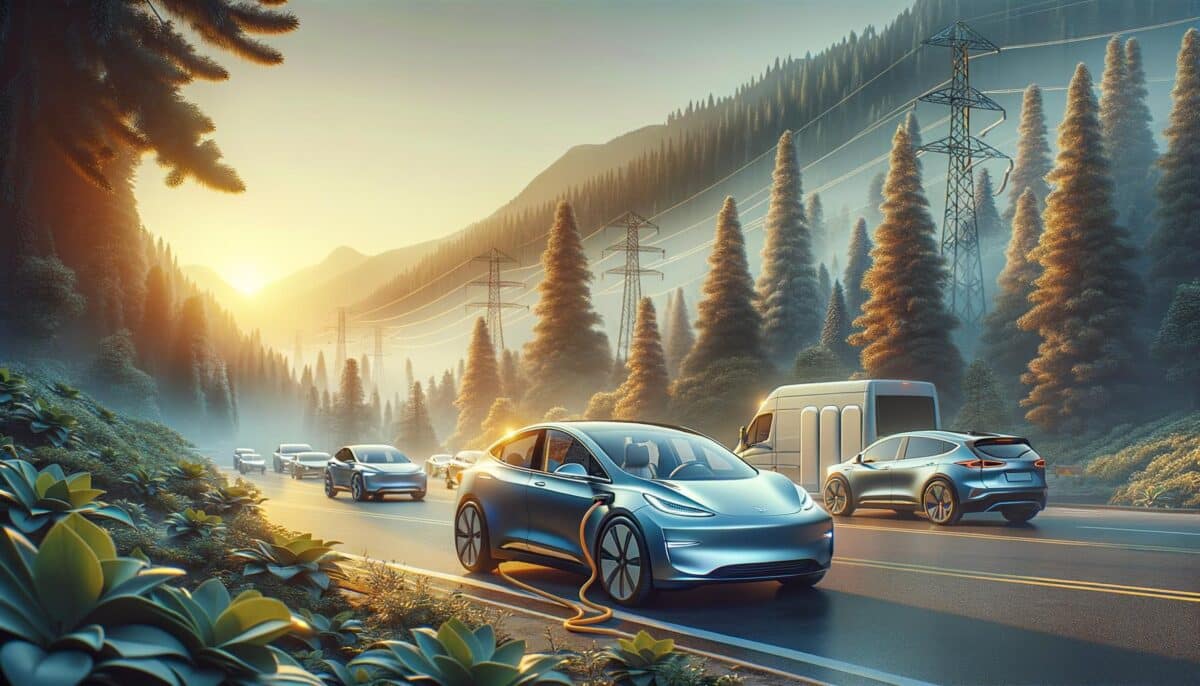The Evolution of Electric Cars
Electric cars have come a long way since their inception. Initially dismissed as a niche technology, they are now a significant force in the automotive market. The journey of the electric car started in the early 19th century when inventors from the Netherlands, Hungary, and the United States began experimenting with battery-powered vehicles. By the late 1800s and early 1900s, electric cars became more popular, especially models designed for urban use.
However, the rise of affordable internal combustion engines in the 1920s overshadowed electric cars. It wasn’t until the late 20th and early 21st centuries that electric vehicles (EVs) began their resurgence, driven by technological advancements and growing environmental concerns. Today, the electric car is celebrated for its innovative capabilities and environmental benefits.
Benefits of Electric Cars
Electric cars provide numerous benefits, contributing to their increasing popularity. Here are some core advantages:
- Environmental Impact: Electric cars produce zero emissions, reducing air pollution and decreasing the carbon footprint.
- Efficiency: They have fewer moving parts compared to traditional vehicles, leading to less maintenance and greater efficiency.
- Cost-Effectiveness: Though the initial purchase price may be higher, the cost of maintaining an electric car is generally lower, with savings on fuel and fewer repairs needed.
The electric car is particularly appealing to eco-conscious consumers and those seeking long-term savings, making it a practical choice for today’s market.
Challenges Facing Electric Cars
Despite the growing popularity of electric cars, several challenges need to be addressed. One of the primary concerns is the development of charging infrastructure. Currently, the availability of charging stations is not as widespread as traditional fuel stations, which can hinder adoption. Additionally, charging times remain a point of concern, as they can take longer than refueling a gasoline car.
Another challenge is the battery technology, which, although rapidly advancing, still struggles with issues like range anxiety and battery degradation over time. Consumers need assurances that their vehicles can travel long distances on a single charge and that the battery will last for many years without significant efficiency loss.
Government Policies and Initiatives
Governments worldwide are playing a crucial role in promoting electric cars through various policies and incentives. Many countries offer tax credits and rebates for purchasing electric vehicles, making them more accessible to a broader audience. These incentives are designed to accelerate the adoption of electric cars and support the reduction of greenhouse gas emissions.
Moreover, some governments are investing in the expansion of charging infrastructure to alleviate concerns about range and access. By setting targets for zero-emission vehicles, these policies aim to phase out traditional gasoline-powered cars in favor of electric models, thus fostering an environment conducive to electric vehicle growth.
The Future of Electric Cars
The future of electric cars looks promising as automakers continue to innovate and improve technology. With advancements in battery life, vehicle range, and charging time, electric cars are becoming increasingly viable for everyday use. As public awareness and concern about climate change grow, the transition to electric cars seems inevitable.
In the coming years, the automotive industry is expected to see a surge in electric car models, offering consumers a variety of choices that cater to different preferences and budgets. This diversity will likely enhance consumer interest and accelerate the shift from fossil fuels to electric power.
Conclusion
Electric cars are at the forefront of a transformative era in transportation. They offer numerous benefits, including lower environmental impact and cost savings, making them an attractive option for a wide range of consumers. Despite facing challenges, such as charging infrastructure and battery technology, the future of electric cars is bright, with continuous advancements bolstered by supportive government policies. As the automotive landscape changes, electric cars will play an integral role in shaping a sustainable and efficient future.
